Our Best Gift Ideas for Gardeners
Automatic growing systems, beautiful statues, and a full list of all the upgrades we recommend for the gardeners in your life.
Read MoreA variety of plants are suitable for Lake Lillian's climate. According to our data, the growing zone for the area is 4b, with average annual lows of -25 to -20 degrees Fahrenheit. Scroll down for a full list of the best plants for Lake Lillian, MN based on our analysis of the region's climate.
Automatic growing systems, beautiful statues, and a full list of all the upgrades we recommend for the gardeners in your life.
Read MoreMake the most of your chive bounty with these preservation methods and creative culinary applications.
Read MoreHave questions about plants for your area? Check out our FAQ below for quick answers to common questions about what plants grow best in the Lake Lillian, MN climate.
Some of the best vegetables for Lake Lillian, MN include beets, broccoli and brussels sprouts. Other recommended vegetables include Cabbage, Carrots and Cauliflower based on Lake Lillian's USDA hardiness zone.
 Choose plants with your zone in mind
Choose plants with your zone in mindChoosing plants based on the growing zone for Lake Lillian ensures that your plants will be able to survive the lowest annual temperatures in your area of Minnesota.
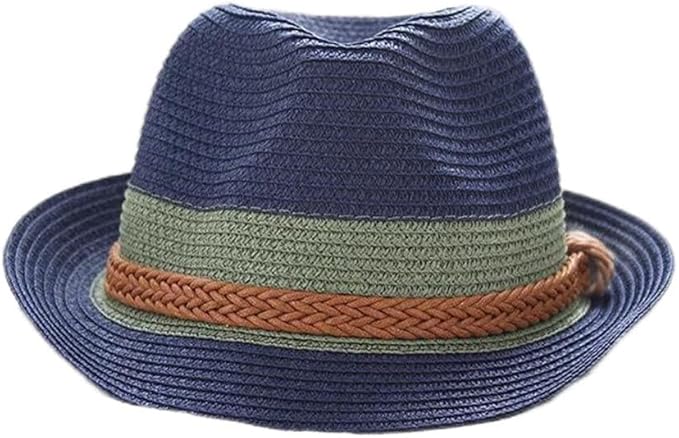




Check the growing calendar for Lake Lillian at the Old Farmer's Almanac to see the best planting times for the region.
PlantGuideOnline.com has selected some of our favorite products to help you with your next growing project. From seed starting trays and fertilizers to decor and lifestyle items, we think you'll love what we've selected.

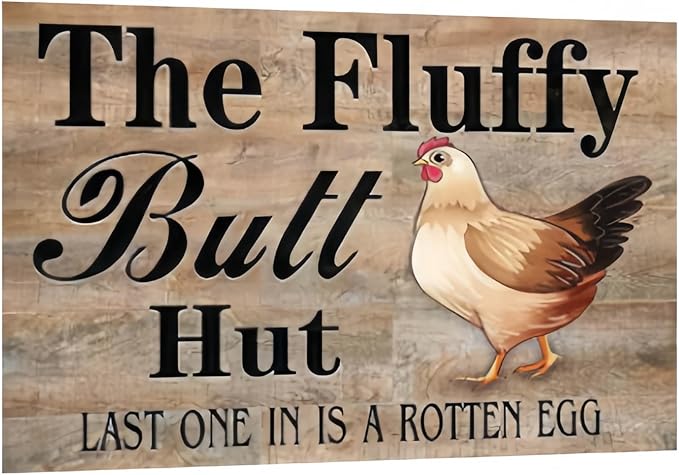

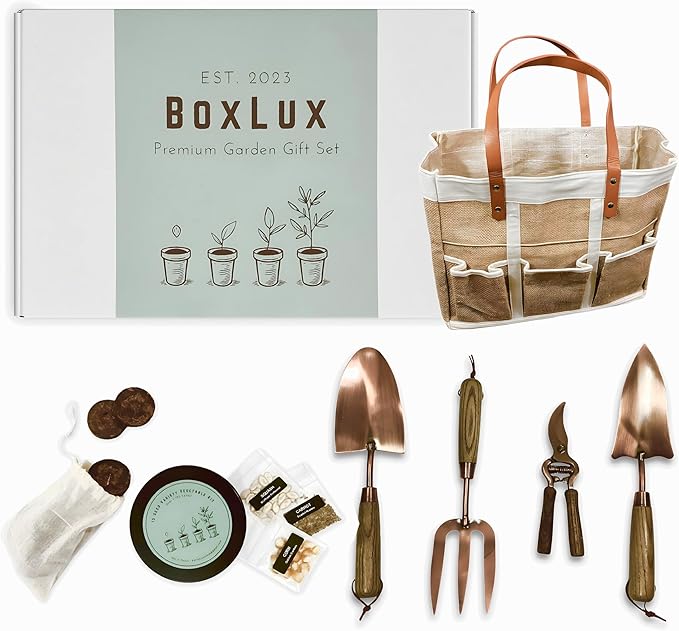

USDA Growing Zone: 4b
Longitude: -94.8801
Latitude: 44.9458
Lowest Avg Temperatures (F): -25 to -20
The USDA growing zone is 4b in Lake Lillian, MN. This is a measure of the lowest temperature that a plant can survive, helping to decide what plants would be suitable for the region's climate. According to our records, the average annual extreme minimum temperature in Lake Lillian is -25 to -20 degrees Fahrenheit. If you would like to learn more, visit our page on the growing zone for Lake Lillian, MN.





PlantGuideOnline.com has selected some of our favorite products to help you with your next growing project. From seed starting trays and fertilizers to decor and lifestyle items, we think you'll love what we've selected.

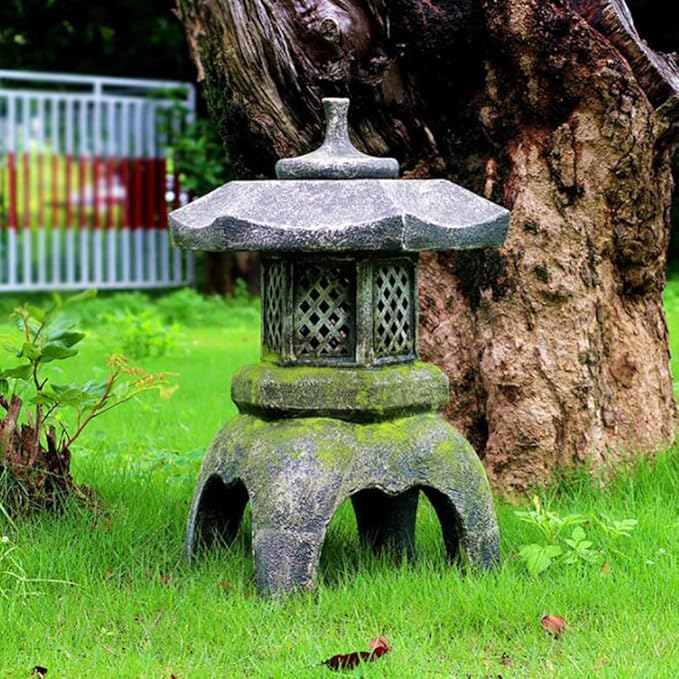


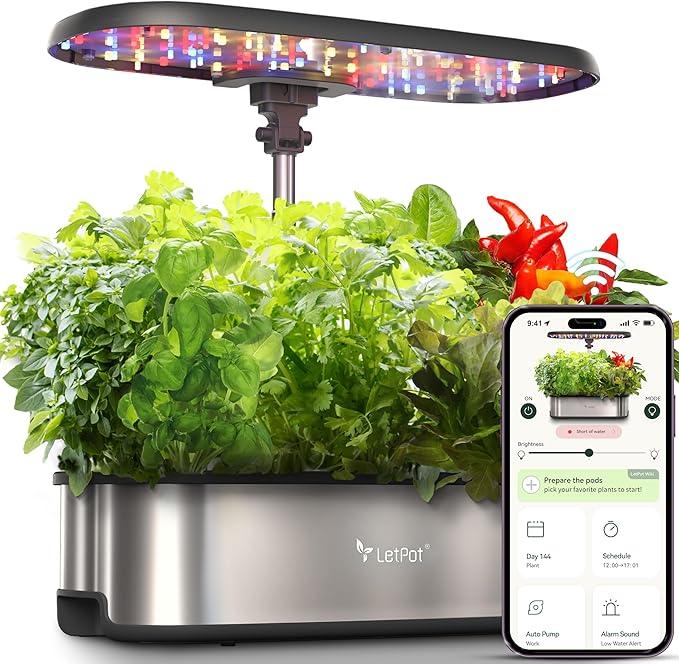
Looking for the best plants in a different area of the United States? Click on a button below to find plants that are ideal for that state's temperatures.




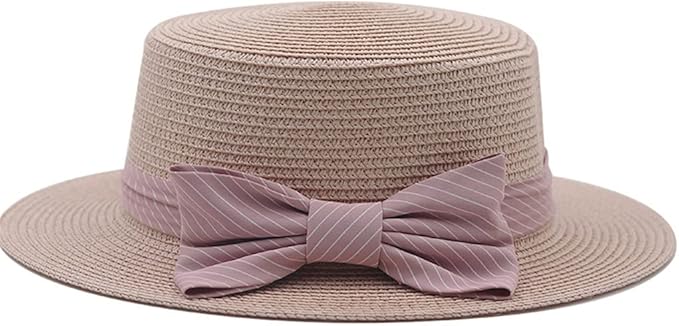
To see our latest gardening and homesteading projects, you can find us on Facebook, Instagram, and TikTok.